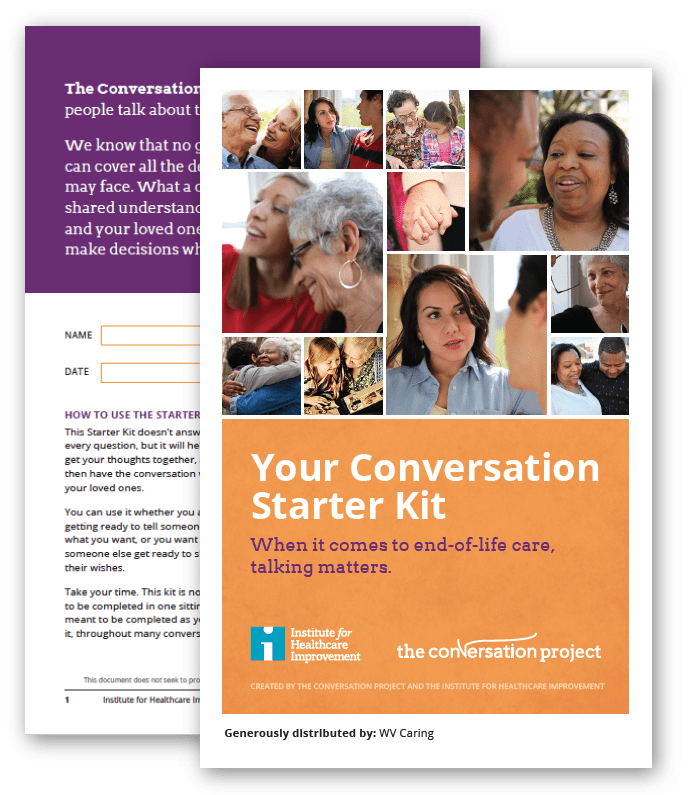Hospice Eligibility Criteria
Early referral to hospice increases patients’ likelihood of having a pain free and comfortable end-of-life. To begin hospice care, a patient is required to meet the hospice eligibility criteria established by the U.S. Centers for Medicare & Medicaid Services.
While no specific illness or symptoms are required to qualify for hospice, by law, healthcare professionals must certify that the patient meets the Hospice eligibility guidelines for a referral to a hospice provider.

Hospice Eligibility Requirements
For patients to be eligible for hospice, consider the following guidelines
- The patient suffers from a terminal illness with a prognosis of 6 months or less if the disease runs its course.
- The patient is experiencing an alteration in nutritional status
- Frequent hospitalizations in the past six months
- A decrease in tolerance for physical activities
- The patient has declining cognitive and functional abilities
- Increased weakness, drowsiness, and fatigue
- Deteriorating mental abilities
- A specific decline in medical condition
- Skin breakdown
- Compromised Activities of Daily Living such as dressing, walking, eating, toileting, and continence
- Progressive weight loss
These guidelines are not a replacement to a medical professional’s judgment but provide a convenient tool to help physicians determine when is the right time for a patient to start hospice.
Disease-Specific Hospice Eligibility Guideline
Apart from the general hospice eligibility criteria, there are specific hospice eligibility guidelines based on the patient’s primary diagnosis.
Here’s a list of disease-specific hospice eligibility guidelines.
ALS
Patients with end-stage ALS are eligible for hospice care. During end-stage ALS, two factors that determine the prognosis of the disease include – the ability to swallow and the ability to breathe.
Alzheimer’s and Dementia
More than 5 million Americans of all ages are currently living with Alzheimer’s disease and related dementias. A patient living with Alzheimer’s and Dementia is eligible for hospice care if he can no longer move around, bathe, get dressed or speak.
COPD and Lung Disease
Chronic Obstructive Pulmonary Disease (COPD) is several progressive lung diseases. Approximately, 30 million Americans are affected by COPD. A COPD patient may be hospice eligible if he or she has dyspnea at rest or with minimal exertion.
Heart Disease
Hospice care for patients living with heart disease addresses a wide range of symptoms, including chest pain, management of fluid status, shortness of breath and functional decline.
AIDS and HIV
A patient may be ready for hospice when the number of CD4 cells falls below 200 cells/mmc3. Other criteria to consider include chronic, persistent diarrhea, generalized weakness, significant weight loss, substance abuse, and generalized wasting.
Neurological Disease
Patients living with an end-stage neurological condition such as Parkinson’s disease, multiple sclerosis, coma or stroke are eligible for hospice care.
Liver Disease
A liver disease patient may enroll in hospice if they have persistent symptoms of hepatic failure such as recurrent varicella hemorrhage, peritonitis, ascites, hepatic encephalopathy, and weakness.
Renal Disease
Patients suffering from end-stage kidney disease also called renal disease can choose hospice care to control the symptoms and experience comfortable end-of-life days.
Oncology
The biggest predictor of hospice eligibility in oncology is the patient’s functional status. This is determined by the Eastern Cooperative Oncology Group (ECOG) scale or the Palliative Performance Scale (PPS).
Sepsis and Concomitant End-Stage Disease
Sepsis is considered one of the most deadly U.S. conditions with about 250,000 deaths every year. If not treated and addressed quickly, the infection can spread quickly throughout the body. A patient is eligible for hospice if progressive infection occurs and the patient needs to manage the long term symptoms and address pain.
Inspiration Hospice partners with the patient’s primary physician to create an individualized plan that meets the unique need of the patient. We support both patient and their families. Moreover, hospice care can be provided anywhere that a patient calls home.
Have doubt about whether it’s the right time to enroll in hospice or not, please get in touch with us today for an in-home hospice consultation.

